Online porn block proposals by Government panned
Updated: Prime Minister's anti-porn measures picked over by industry watchers.
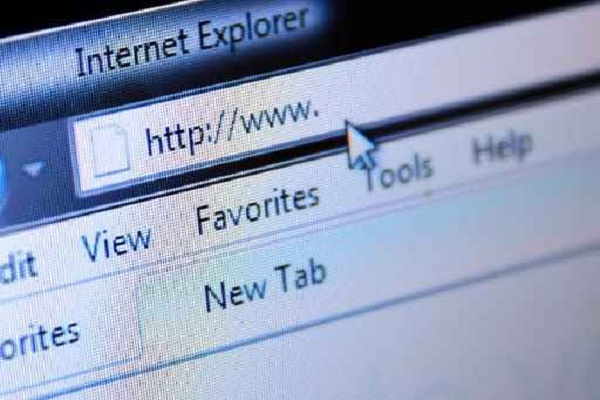
Government plans to introduce online pornography blocks for every internet connected household in the UK have been widely criticised by privacy groups and industry watchers.
The Prime Minister David Cameron outlined a series of anti-porn measures yesterday, many of which were geared towards making it harder for children to access adult content online.
One of the many problems with the planned bill is the lack of information on what happens to the list of people who opt-in.
"I want to talk about the internet, the impact it is having on the innocent of our children, how online pornography is corroding childhood," Cameron said.
"And how, in the darkest corners of the internet, there are things going on that are a direct danger to our children, and that must be stamped out."
The measures he announced included the rollout of new internet content filters that will be automatically switched on for new customers to prevent them accessing adult online content by the end of next year.
Meanwhile, existing customers will be contacted by their chosen Internet Service Provider (ISP), and asked to choose between having the filter switched on or off.
Users that fail to respond will automatically have the filters switched on by default.
Sign up today and you will receive a free copy of our Future Focus 2025 report - the leading guidance on AI, cybersecurity and other IT challenges as per 700+ senior executives
"And, in a really big step forward, all the ISPs have rewired their technology so that once your filters are installed, they will cover any device connected to your home internet account," Cameron added.
"It should not be the case that technically literate children can just flick the filters off at the click of a mouse without anyone knowing. So we have agreed with industry that those filters can only be changed by the account holder, who must be an adult."
Search engines will also be asked to block access to illegal content by October. Meanwhile, a secure database of banned child pornography images will be created to track paedophiles trying to view them.
Other measures the Prime Minister announced included the introduction of new laws to ensure streamed video content is subject to the same restrictions as similar shop-sold content.
Furthermore, the Government plans to introduce warning pages that will pop up when people try to search the internet for illegal content, featuring contact details for helplines and support.
The Child Exploitation and Online Protection Centre is to be given new powers to trawl secretive file sharing networks, which are commonly employed by criminals to circulate child abuse images.
In addition to this, the possession of "extreme pornography", including content depicting scenes of simulated rape, will be made a criminal offence, as it is in Scotland.
"These images normalise sexual violence against women and they are quite simply poisonous to the young people who see them," Cameron claimed.
However, the proposals have not proven popular with industry watchers, with some claiming the introduction of default filtering could lull parents into a false sense of online safety and security.
IT Pro reader, Stoatwblr, described the filters as a "very low safety fence" that people will simply step over.
"Leaving kids unsupervised on the internet is on par with letting them play in traffic.There is zero substitute for parental oversight," he wrote.
"Cameron's deliberate fudging of illegal and legal material on the internet is not helping matters. This seems mostly to be a dog and pony show to distract from his more immediate and personal political problems," he added.
Online content confusion
Andrew Ferguson, site editor of thinkbroandband.com, fears the proposals will create confusion, as the Prime Minister talked about restricting access to child pornography and adult content filters.
"[These] are two very differently sized topics. Adult content covers subjects such as National Lottery, alcohol, smoking, dating, pornography, any film with a 15 or 18 certificate and a good many other areas that are not pornographic but simply aimed at adults," Ferguson explained.
Meanwhile, Jim Killock, executive director of civil liberties campaigners the Open Rights Group, cast doubts about how effective the filtering plans would be.
"Network filters are easy to bypass, [whereas] device level filters are more robust. Promoting reliance on network filters is very bad advice," said Killock.
"We are glad that network level filters will not be forced on people, but remain worried by the rhetoric around this topic, and the stream of half-baked comments from the Prime Minister."
Danvers Baillieu, chief operating officer of online encryption provider HideMyAss.com, called on the Government to release more details about how the proposals would work.
"One of the many problems with the planned bill is the lack of information on what happens to the list of people who opt-in," he asked.
"It is inevitable that a list, or a set of complied lists of those who opt-in will be created. Will the police or indeed GCHQ have access to this list? How will this list be secured and privacy be protected?
"These questions have been left unanswered or worst still, unconsidered. Even with the best possible intentions, more detail is required to understand why the Government wants to place online users on official lists and go against the open spirit of the internet," Baillieu added.
*This article was originally published on 22 July, and was updated on 23 July to reflect industry feedback.
-
 2022 Public Sector Identity Index Report
2022 Public Sector Identity Index ReportWhitepaper UK Report
-
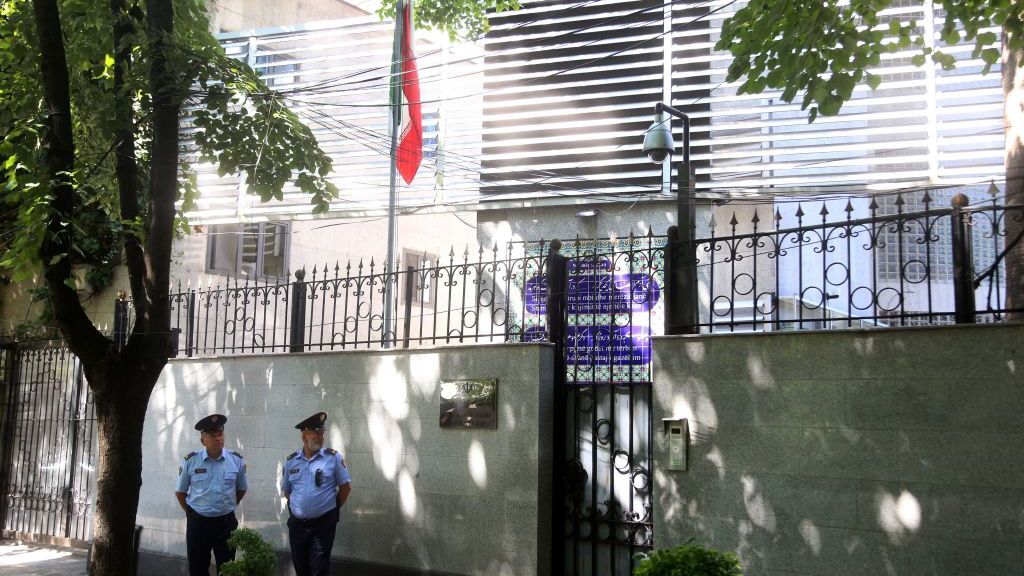 UK, US condemn Iran for ‘unprecedented’ cyber attack against Albania
UK, US condemn Iran for ‘unprecedented’ cyber attack against AlbaniaNews The Balkan nation has cut ties with Iran following the hack, which took down national infrastructure and exposed government information
-
 Majority of UK's top business leaders are failing to manage supply chain security risks
Majority of UK's top business leaders are failing to manage supply chain security risksNews New findings from a DCMS review have sparked concern in government which could see new laws introduced to protect Britain's digital supply chains
-
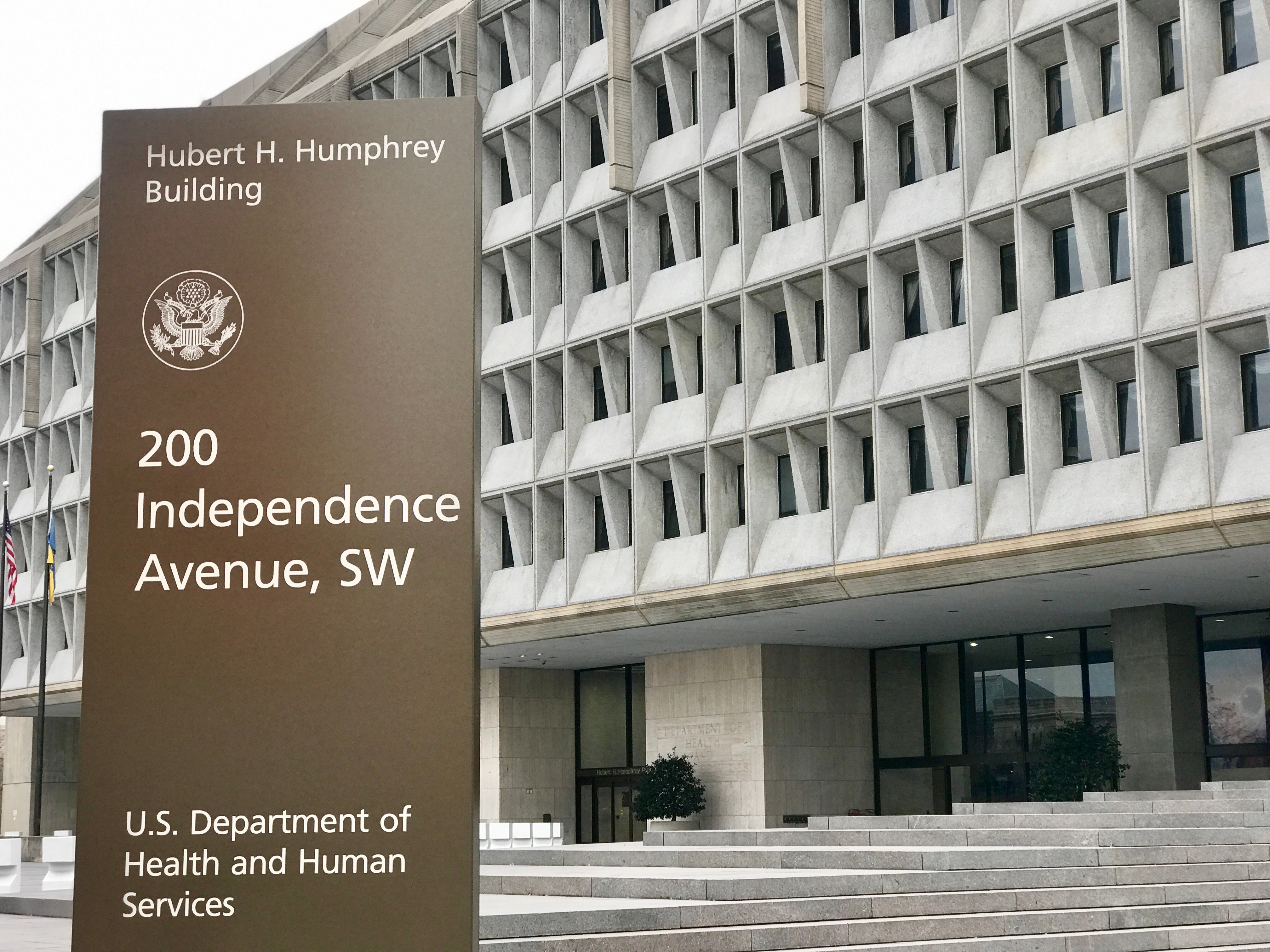 Department of Health and Human Services must improve cyber security info sharing
Department of Health and Human Services must improve cyber security info sharingNews GAO report finds HHS has made progress, but better coordination would increase health care security
-
 NHS gets £21m to boost cyber defences after WannaCry ransomware
NHS gets £21m to boost cyber defences after WannaCry ransomwareNews Government funding comes hand-in-hand with stricter data security measures
-
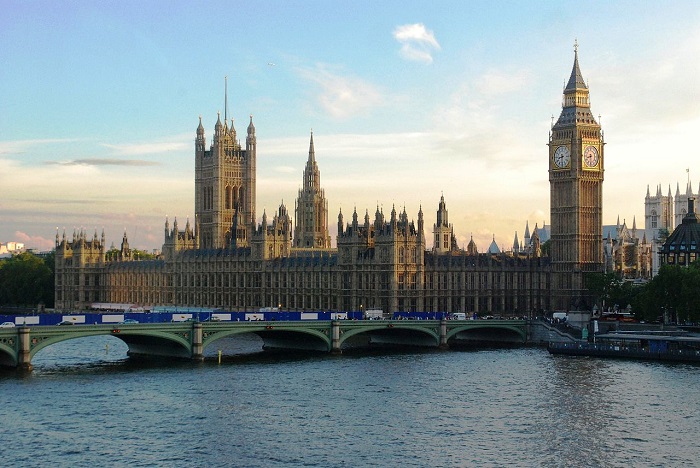 Queen's Speech: IT industry reacts to tech pledges
Queen's Speech: IT industry reacts to tech pledgesNews Firms address the Tories' data protection and digital charter aims
-
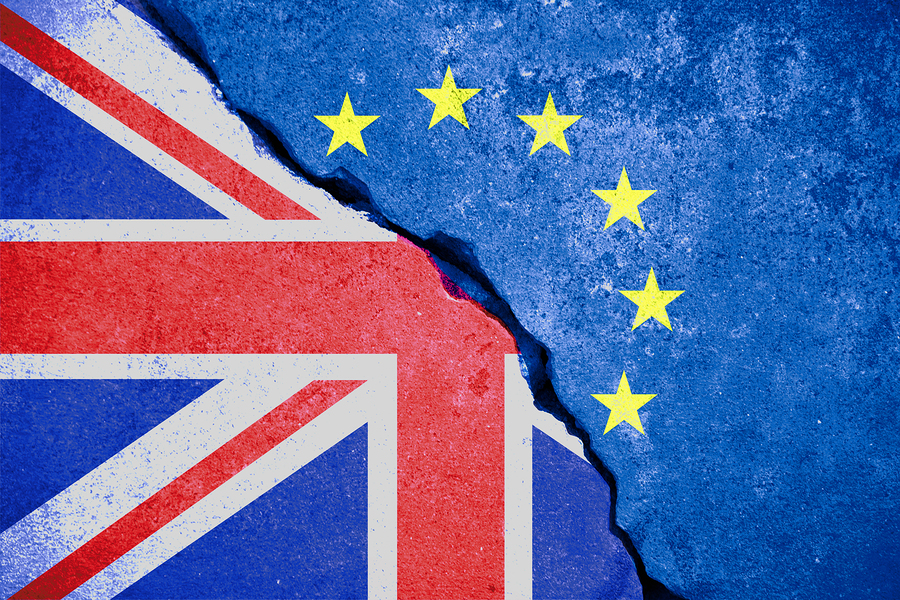 Foreign state DDoS attack 'may have crashed Brexit voting site'
Foreign state DDoS attack 'may have crashed Brexit voting site'News Committee warns against cyber interference in aftermath of EU referendum vote
-
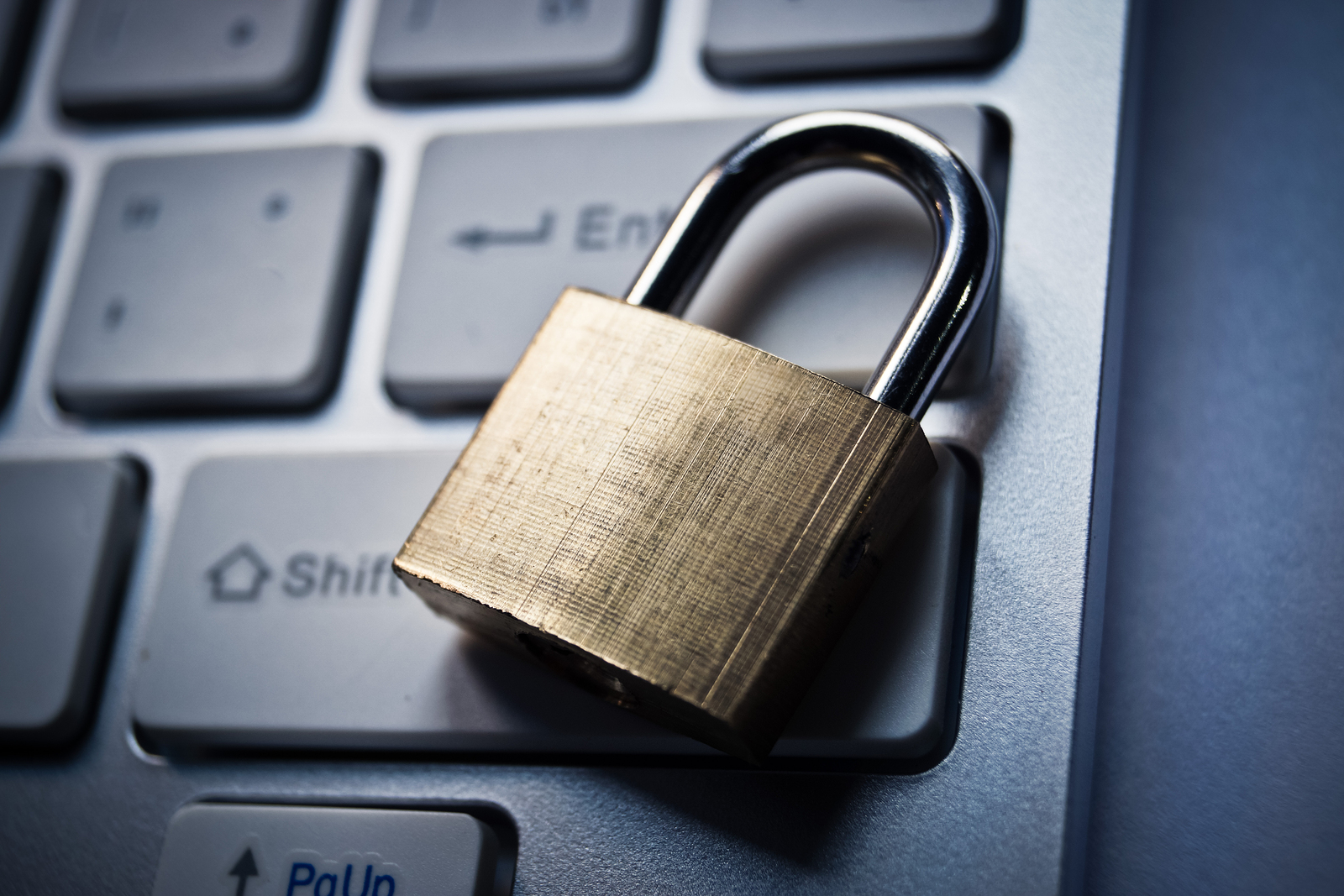 The government needs to abandon its war on WhatsApp
The government needs to abandon its war on WhatsAppOpinion Encryption might seem like an easy target, but mess with it at your peril

